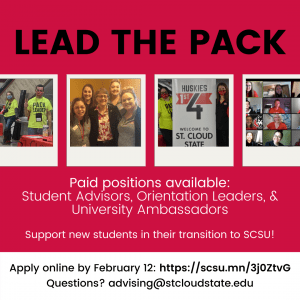In honor of Black History Month, we compiled a list of amazing Black authors! Check out some of their works!
Lucille Clifton – A wonderful poet who was discovered by Langston Hughes! Clifton was born in NY in 1936 and attended Harvard University. My personal favorite poem is her poem, “sisters” where she writes about her relationship with her sister, Elaine! Clifton died in 2010 but her poetry still lives on!
Langston Hughes – A prominent figure during the Harlem Renaissance who often wrote about Black life! He truly shaped the way Black poets are viewed! If you get the chance, read his essay, “The Negro Artist and the Racial Mountain.” You won’t be disappointed.
Ralph Ellison – Born in 1914, Ellison grew up loving music. It was thought that he would be a musician and composer, but instead, decided to write. Being the grandson of slaves, Ellison’s works are particularly important. I highly recommend reading his Invisible Man, written in 1952. It is a gripping novel right from the first page!
Alex Haley – Another very important Black author! He wrote his novel Roots: The Saga of an American Family after spending a decade researching his family’s history. The novel was such a success that it was made into a TV miniseries!
James Baldwin – The list isn’t complete without James Baldwin! He wrote many novels and essays that brought to light the unfortunate consequences of the American racial strife. He has been described as “bold and courageous writer who is not afraid to search into the dark corners of our social consciences, and to force out into public view many of the hidden, sordid skeletons of our society” by Therman B. O’Daniel in the College Language Association Journal.
Maya Angelou – Again, another prominent figure that must be on this list! She’s an absolute icon! Read her I know why the Caged Bird Sings. As I was research this book, I found out that it is one of the most challenged books for “its language and portrayals of violence, racism, sexuality, childhood rape and teen pregnancy” (source). To me, this is all the more reason to read it, especially because this novel is autobiographical and describes Angelou’s early life.
This list is far from complete. If you’d like to read more by Black authors, check out this list of great novels compiled by Oprah or this list compiled by Penguin Random House.

